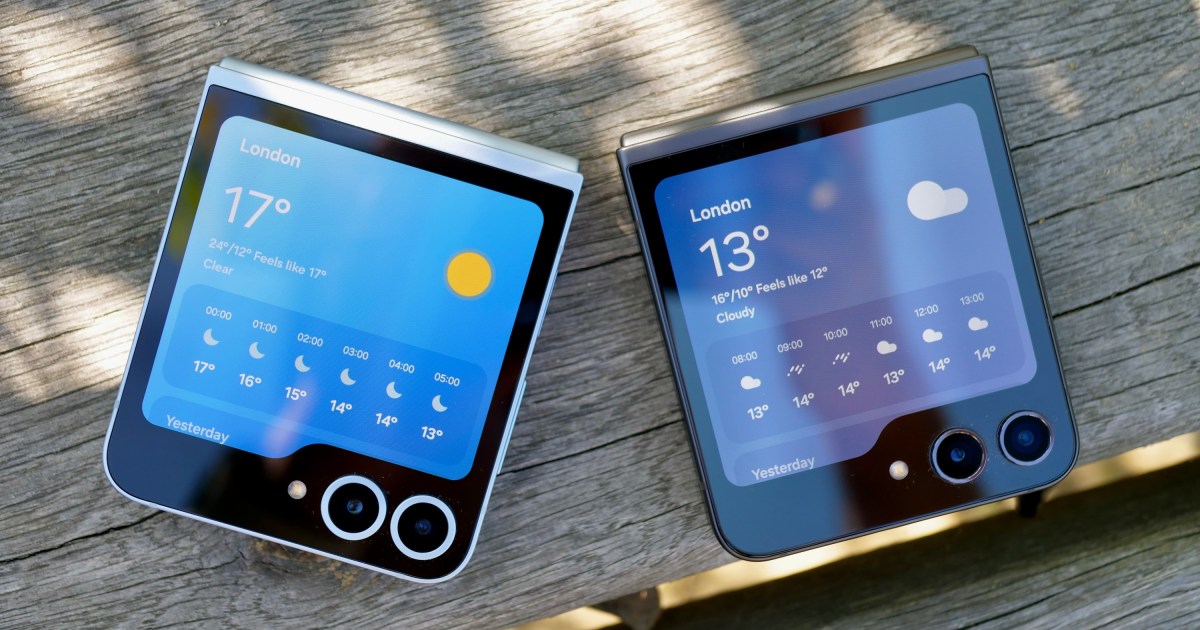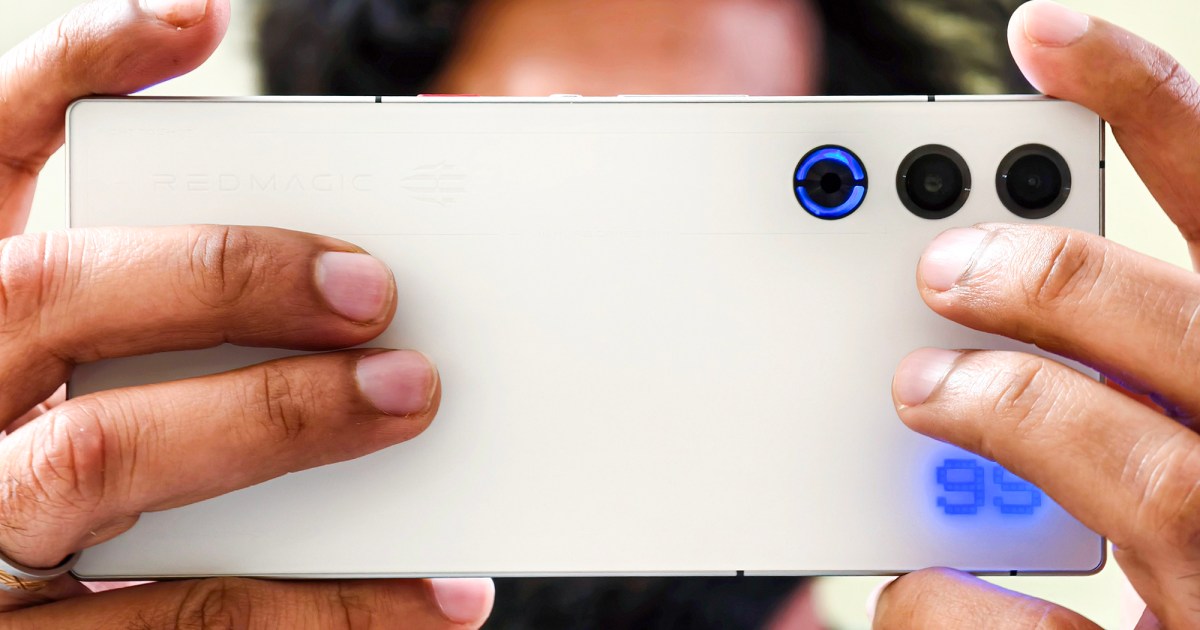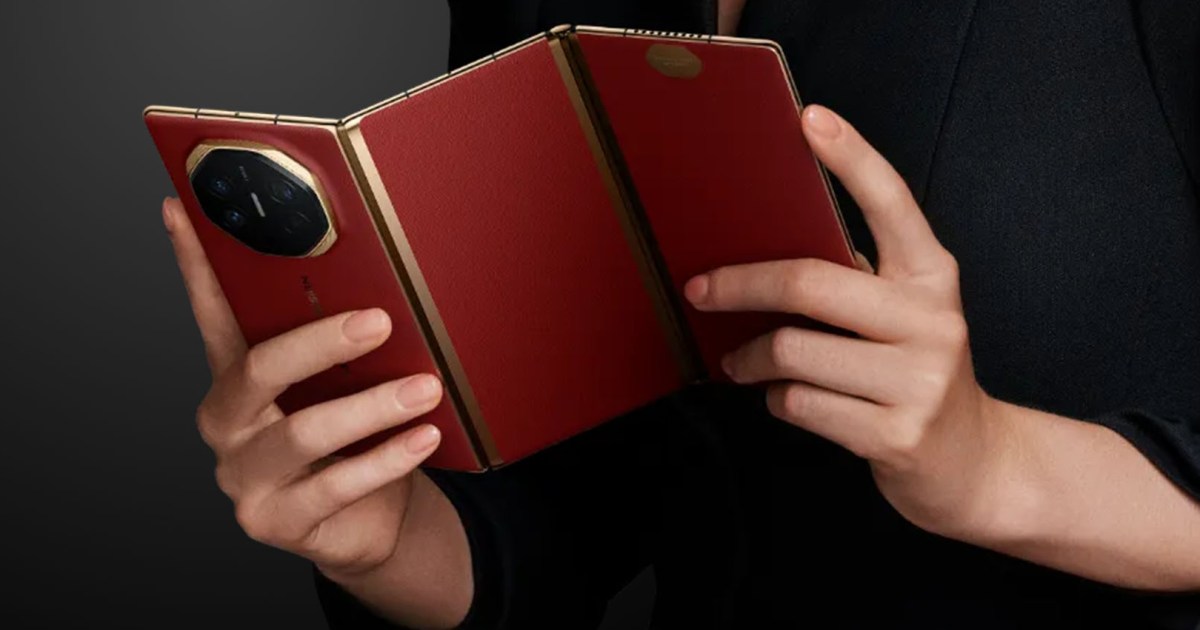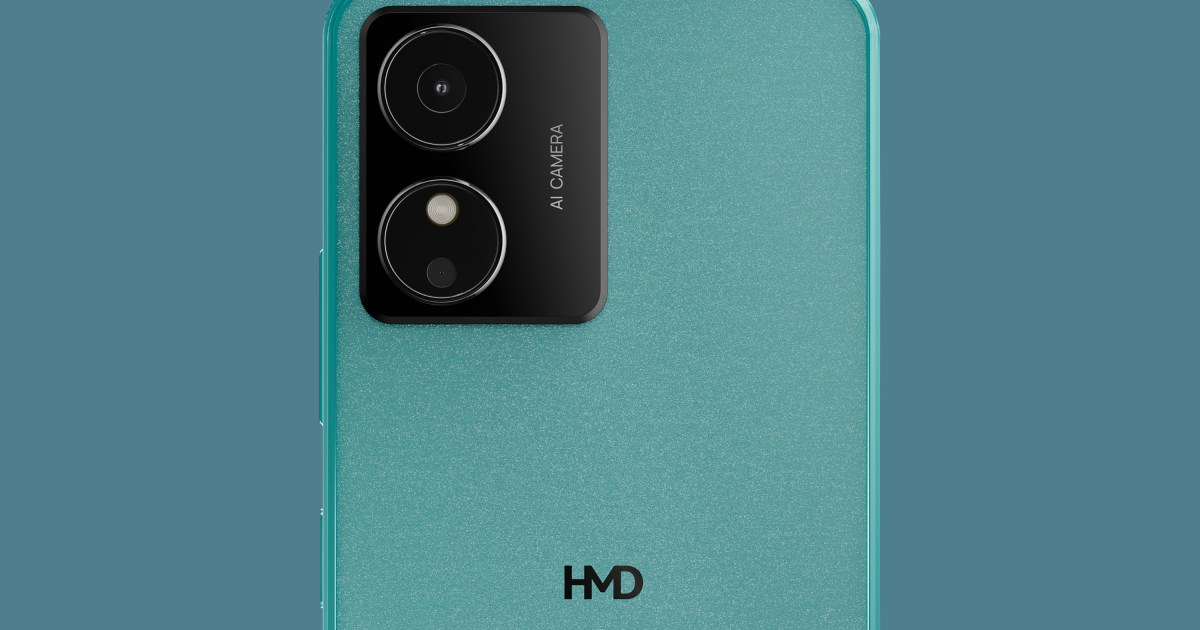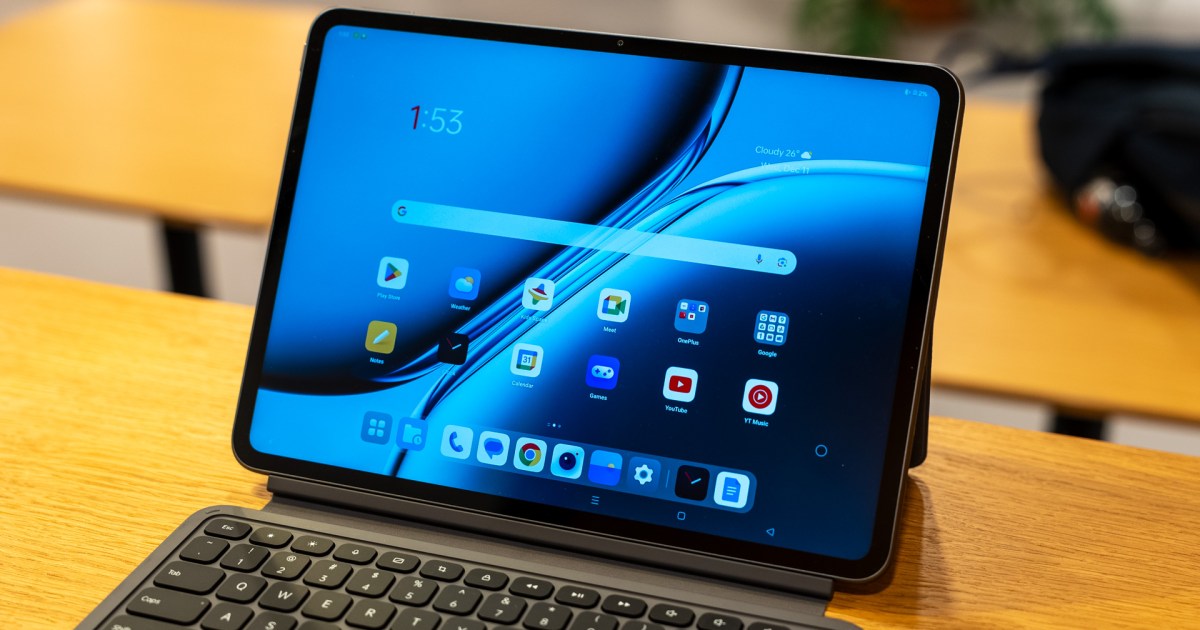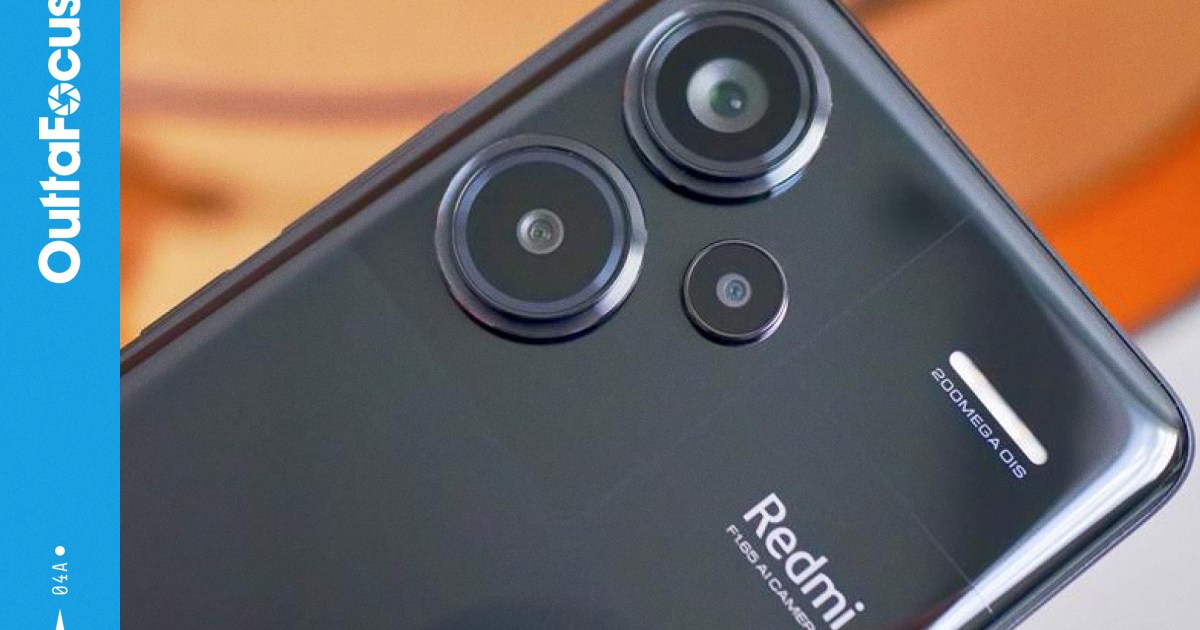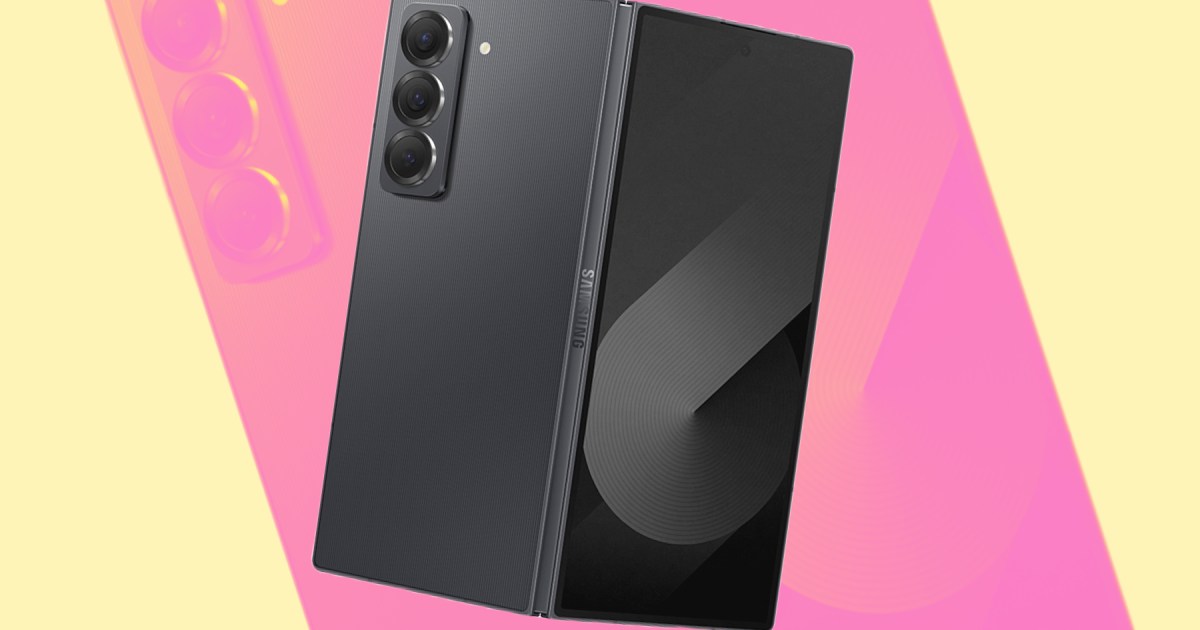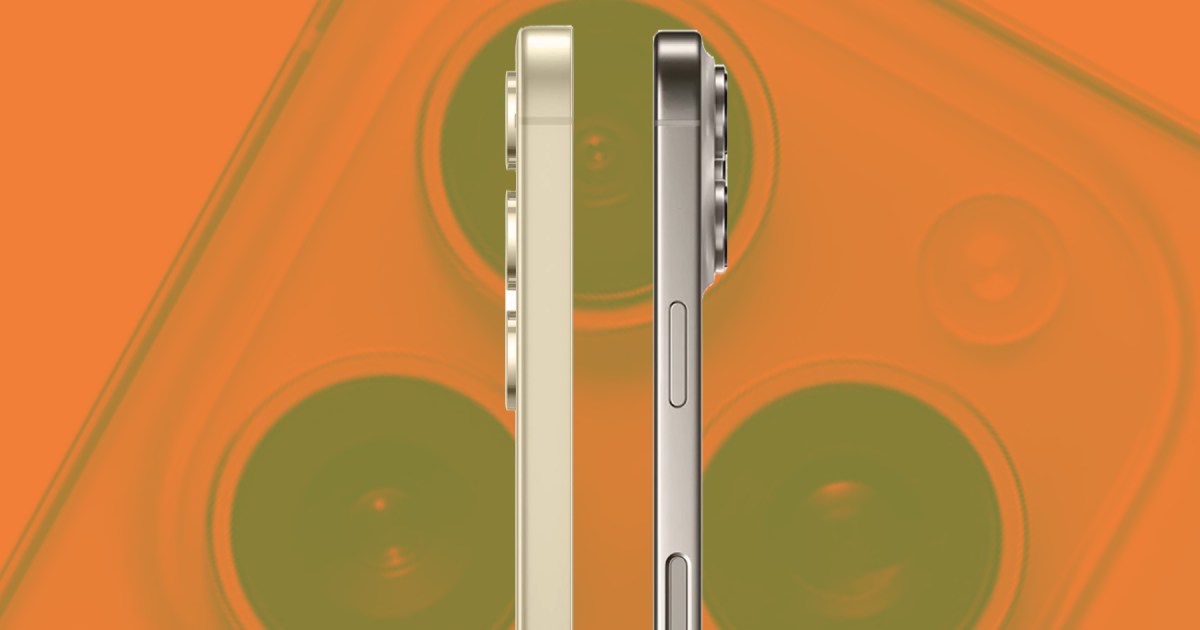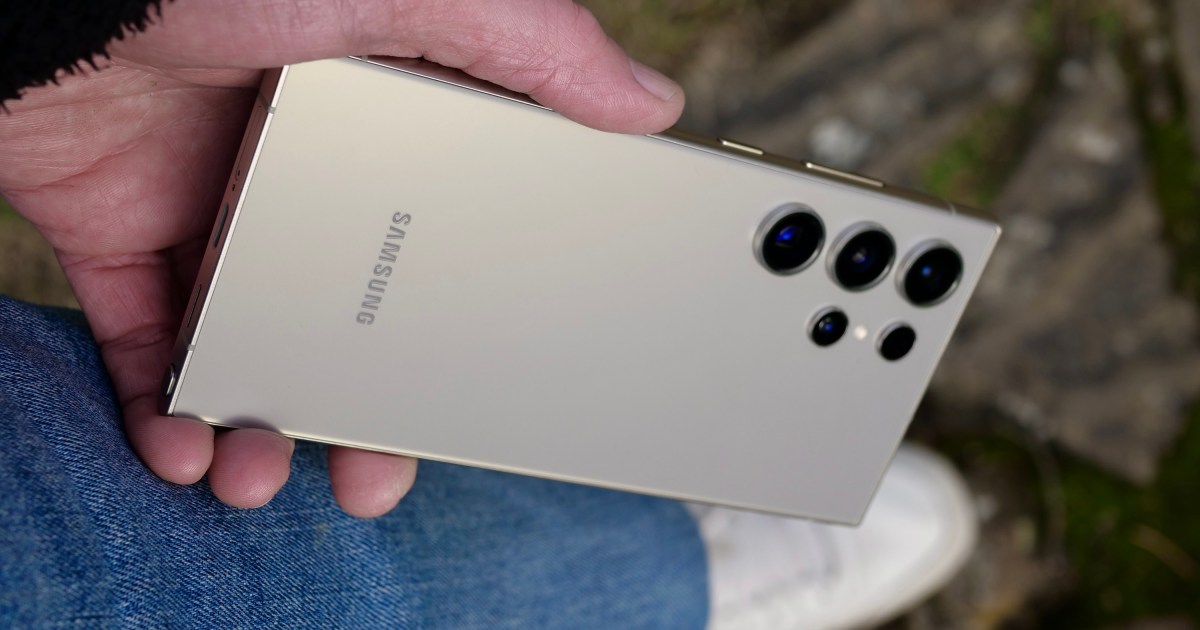Samsung faced a challenging 2024. Its smartphone lineup felt stale amidst intensifying competition across all segments. The Galaxy A series contended with rivals like the Google Pixel 8a and OnePlus 12R, while the Galaxy S24 series faced pressure in key markets. The foldable lineup, once a domain dominated by Samsung, also presented areas for improvement. While Samsung pioneered the mainstream foldable phone, competitors have begun to innovate and surpass its offerings. The OnePlus Open showcased a compelling alternative for multitasking, a weakness the Galaxy Z Fold 6 failed to address. Meanwhile, Google’s Pixel 9 Pro Fold raised the bar for foldable design, Honor demonstrated the possibility of a slim foldable with impressive battery life, and Motorola outshone Samsung in the flip phone arena. So, how can Samsung regain its leading edge? Here are five key strategies for enhancing its folding phone lineup in 2025.
Reimagine the Fold’s Form Factor
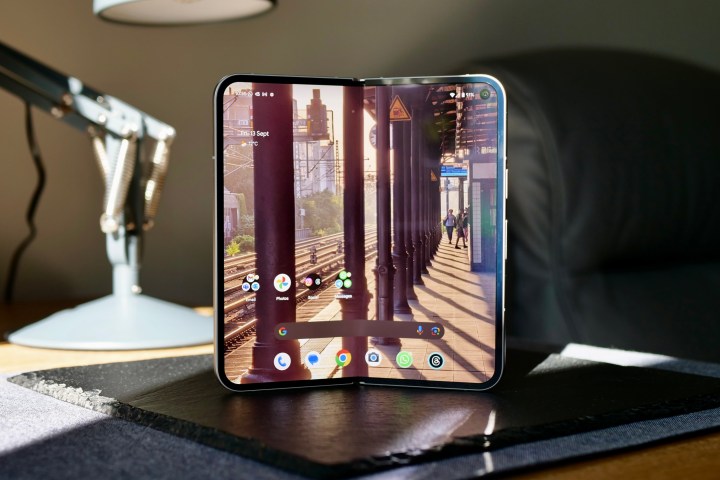 The big screen on the Google Pixel 9 Pro Fold
The big screen on the Google Pixel 9 Pro Fold
The original Galaxy Fold posed a crucial question: do consumers prefer a taller, narrower foldable, or one resembling a passport? Six generations later, the answer leans heavily toward the latter. It’s time for Samsung to rethink the Galaxy Z Fold 7’s form factor. While each Fold iteration has become thinner and lighter, the fundamental shape remains unchanged. Competitors like the OnePlus Open, Honor Magic V3, and Pixel 9 Pro Fold offer a more conventional smartphone-sized front screen. In contrast, the Galaxy Z Fold 6’s front screen recalls the elongated design of Sony smartphones.
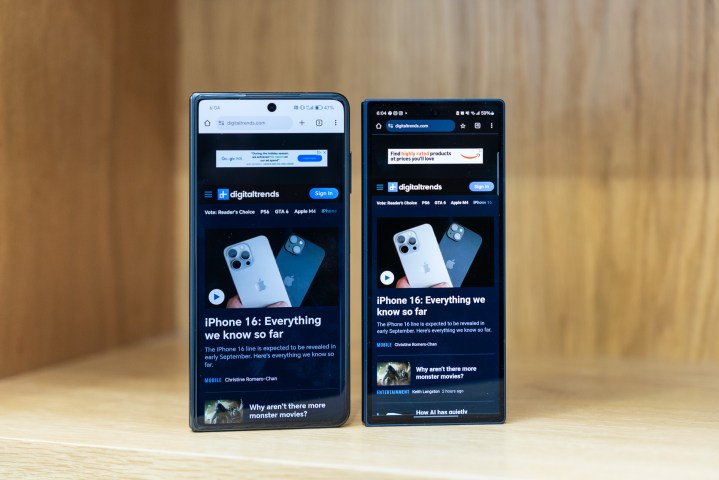 Honor Magic V3 (left) next to the Galaxy Z Fold 6 (right)
Honor Magic V3 (left) next to the Galaxy Z Fold 6 (right)
Having used every Galaxy Fold, I can attest to the significant improvements in the front screen experience. However, after experiencing the competition, returning to the Z Fold 6 feels like a step backward. Hopefully, Samsung will move away from this design rather than continuing to elongate it, as seen with the Galaxy Z Fold Special Edition.
Embrace Slimmer, Lighter, and More Ergonomic Designs
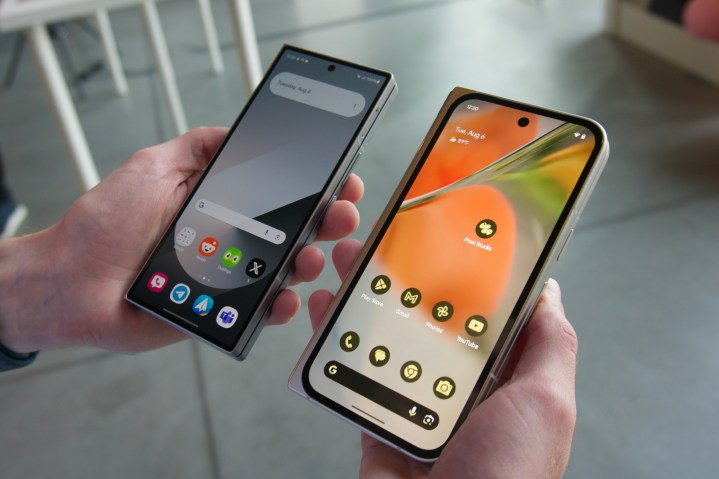 Galaxy Z Fold 6 (left) and Pixel 9 Pro Fold
Galaxy Z Fold 6 (left) and Pixel 9 Pro Fold
The 2024 Special Edition Fold marked a step toward a thinner and lighter design for Samsung. At 1.5mm thinner and 3 grams lighter than the standard Z Fold 6, it’s a welcome improvement, though competitors still hold the edge. The Special Edition’s 4.9mm unfolded thickness is impressive, undercutting the Pixel 9 Pro Fold by 0.2mm. While still slightly thicker than the Honor Magic V3, it’s on par with other rivals.
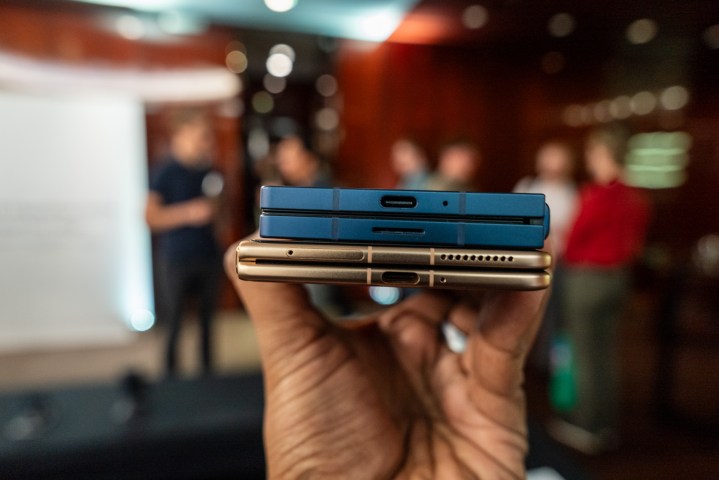 Galaxy Z Fold 6 (top) and Honor Magic V3 (bottom)
Galaxy Z Fold 6 (top) and Honor Magic V3 (bottom)
Beyond the form factor, incorporating subtle curves and rounded edges would enhance the in-hand feel. The Z Fold 6’s boxy design, while not inherently flawed, feels less refined than its key competitors. As the industry moves toward rollable and tri-folding phones, prioritizing ergonomics is more crucial than ever.
Elevate the Camera System
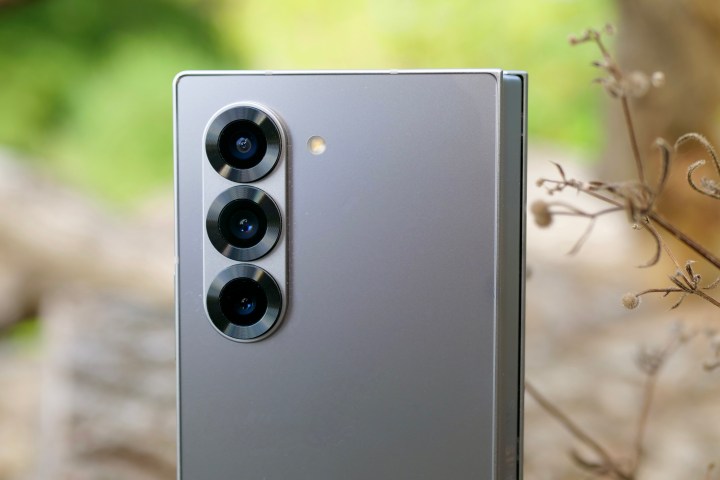 Samsung Galaxy Z Fold 6
Samsung Galaxy Z Fold 6
The Galaxy S24 Ultra boasts a phenomenal camera with exceptional zoom capabilities. However, the Galaxy Z Fold 6 utilizes the same camera system as the more affordable Galaxy S24. While this reflects a broader industry trend, the Honor Magic V3 demonstrates the feasibility of incorporating three high-quality cameras. Samsung hasn’t significantly upgraded the Fold’s cameras since the Z Fold 4. While minor sensor improvements and Snapdragon chipset algorithms have contributed, the core camera hardware remains largely unchanged.
| Phone | Wide | Ultrawide | Telephoto 1 | Telephoto 2 |
|---|---|---|---|---|
| Samsung Galaxy Z Fold 6 | 50MP, f1.8, OIS 23mm, 1.0µm | 12MP, f/2.2, 123° | 3x optical zoom 10MP, f/2.4, OIS | – |
| Google Pixel 9 Pro Fold | 48MP, f1.7, OIS 25mm, 0.8µm | 10.5MP, f/2.2, 127° | 5x optical zoom 10.8MP, f/3.1, OIS | – |
| Honor Magic V3 | 50MP, f/1.6, OIS 23mm, 1.0µm | 40MP, f2/2., 112° | 3.5x optical zoom 50MP, f/3.0, OIS | – |
| OnePlus Open | 48MP, f/1.7, OIS 24mm, 1.12µm | 48MP, f/2.2, 114° | 3x optical zoom 64MP, f/2.6, OIS | – |
| Xiaomi Mix Fold 4 | 50MP, f/1.7, OIS 23mm, 1.0µm | 12MP, f2/2., 120° | 2x optical zoom 50MP, f/2.0, OIS | 5x optical zoom 10MP, f/2.9, OIS |
| Vivo X Fold 3 Pro | 50MP, f/1.7, OIS 23mm | 50MP, f/2.0, 119° | 3x optical zoom 64MP, f/2.6, OIS | – |
The Z Fold 6’s camera, while adequate, often falls short of expectations. Given that the Pixel 9 Pro Fold achieves superior results with similar hardware, a significant camera upgrade is essential for Samsung in 2025.
Boost Battery and Charging Performance
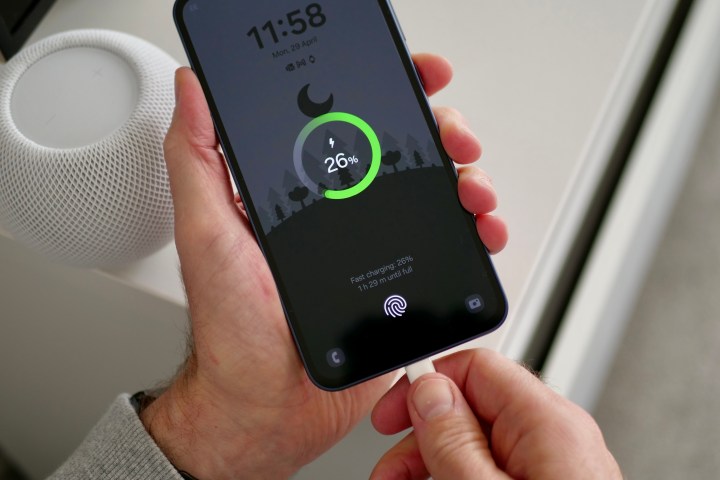 Putting the Samsung Galaxy A35 on charge.
Putting the Samsung Galaxy A35 on charge.
Since the battery setbacks with the Galaxy Note, Samsung has taken a cautious approach to power management. This is evident in the Z Fold 6’s battery and charging speeds compared to its competitors.
| Phone | Capacity (mAh) | Wired Charging Speed | Wireless Charging Speed |
|---|---|---|---|
| Samsung Galaxy Z Fold 6 | 4,400 | 25W | 15W |
| Google Pixel 9 Pro Fold | 4,650 | 21W | 7.5W |
| Honor Magic V3 | 5,150 | 66W | 50W |
| OnePlus Open | 4,805 | 67W | None |
| Phone | Capacity (mAh) | Wired Charging Speed | Wireless Charging Speed |
|---|---|---|---|
| Samsung Galaxy Z Fold 6 | 4,400 | 25W | 15W |
| Vivo X Fold 3 Pro | 5,700 | 100W | 50W |
| Xiaomi Mix Fold 4 | 5,100 | 67W | 50W |
| Tecno Phantom V Fold 2 | 5,750 | 70W | 15W |
| Phone | Capacity (mAh) | Wired Charging Speed | Wireless Charging Speed |
|---|---|---|---|
| Samsung Galaxy Z Fold 6 | 4,000 | 25W | 15W |
| Motorola Razr+ 2024 | 4,000 | 45W | 15W |
| Oppo Find N3 Flip | 4,300 | 44W | None |
| Xiaomi Mix Flip | 4,780 | 67W | None |
| Honor Magic V Flip | 4,800 | 66W | None |
| Tecno Phantom V Flip 2 | 4,720 | 70W | None |
The Z Fold 6’s battery and charging performance lags behind competitors, especially outside the U.S. The Tecno Phantom V Fold 2, for instance, offers a larger battery and faster charging at a significantly lower price point.
Embrace the Future of Foldables: Tri-Folding and Rollable Displays
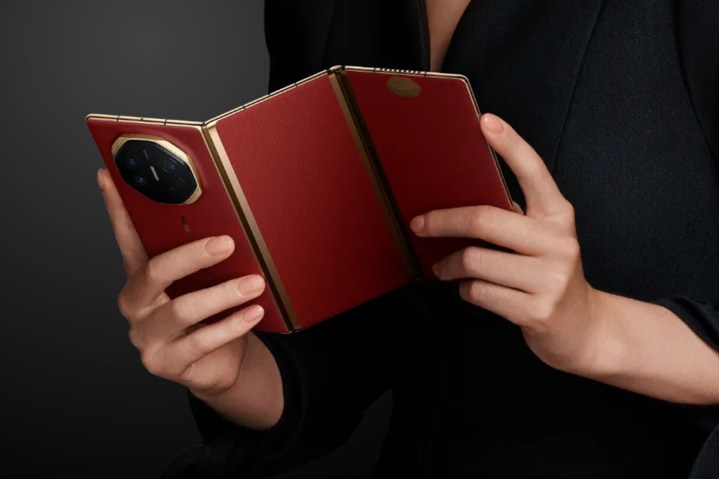 The Huawei Mate XT.
The Huawei Mate XT.
While the Galaxy Z series remains compelling, with the unmatched S Pen experience, the competition is fierce. Samsung must look beyond iterative improvements and focus on the next generation of foldable technology. Tri-folding concepts and rollable displays are emerging, and Samsung needs to be at the forefront of this innovation. While the company has made strides in software with One UI 7, it’s time for the hardware to catch up.



